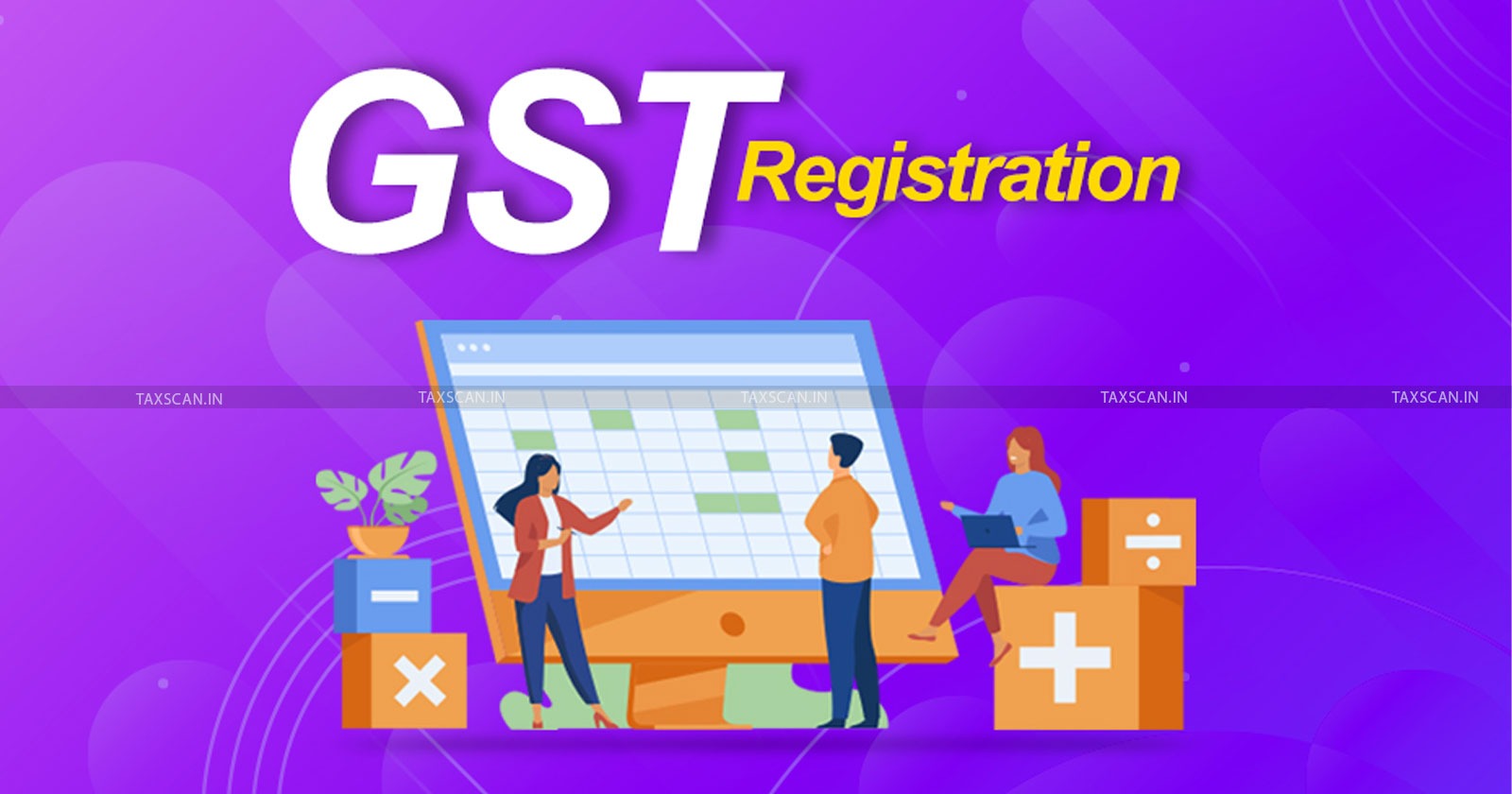Relief for Reliance Jio: Jammu & Kashmir HC Rules No Penalty Under Entry Tax Act for Bypassing Check Post [Read Order]
Jammu & Kashmir High Court rules that penalty under Entry Tax cannot be imposed merely for bypassing a check post in the absence of fake or false documents
![Relief for Reliance Jio: Jammu & Kashmir HC Rules No Penalty Under Entry Tax Act for Bypassing Check Post [Read Order] Relief for Reliance Jio: Jammu & Kashmir HC Rules No Penalty Under Entry Tax Act for Bypassing Check Post [Read Order]](https://images.taxscan.in/h-upload/2025/08/02/2072234-reliance-jio.webp)
In a recent ruling, the Jammu & Kashmir and Ladakh High Court held that no penalty can be imposed under the Entry Tax Act solely for bypassing a check post, in the absence of any allegation of fake or false documents.
The case arose from a penalty of Rs. 1.48 crore imposed on Reliance Jio Infocomm Ltd. by the Commercial Taxes Department in December 2016, after a truck carrying its goods entered Jammu & Kashmir without passing through the Lakhanpur Commercial Taxes Check Post.
Stay Updated with the Latest Audit Report Formats & Audit Trials Requirements! Click here
The goods were detained, and the department issued notices under the J&K VAT Act, later proceeding to impose Entry Tax and levy a penalty under Section 69(1)(o) of the VAT Act.
The company challenged the penalty, arguing that the goods were not meant for sale but for self-use in laying telecom infrastructure, and hence were subject only to Entry Tax under Section 4(2) of the Entry Tax Act, not VAT.
The petitioner’s counsel argued that there was no provision under the Entry Tax Act allowing a penalty for simply bypassing a check post, unless the goods were accompanied by fake or false documents, which was not the case.
The department’s counsel argued that even if the VAT provision was wrongly cited, but penalty could still be sustained under Section 17(1)(o) of the GST Act or by applying procedural provisions through Section 6 of the Entry Tax Act. They argued that the penalty was valid because goods had entered the state without clearance.
The division bench comprising Justice Tashi Rabstan and Justice Moksha Khajuria Kazmi observed that Section 4(3) of the Entry Tax Act allows for a penalty only when fake or false documents are found. There was no such allegation or finding, so the court held that the imposition of a penalty had no legal backing.
The court further observed that Section 6 of the Entry Tax Act, which applies certain provisions of the VAT Act for procedural purposes, could not be used to create a new penalty mechanism where none existed.
The court found that the entire penalty proceeding was without authority of law and upheld the Tribunal’s order that had quashed the penalty and directed a refund of any amount collected. It dismissed the state’s petition, stating that no substantial question of law arose from the Tribunal’s order. The petition was accordingly dismissed and interim orders were vacated.
Support our journalism by subscribing to Taxscan premium. Follow us on Telegram for quick updates



